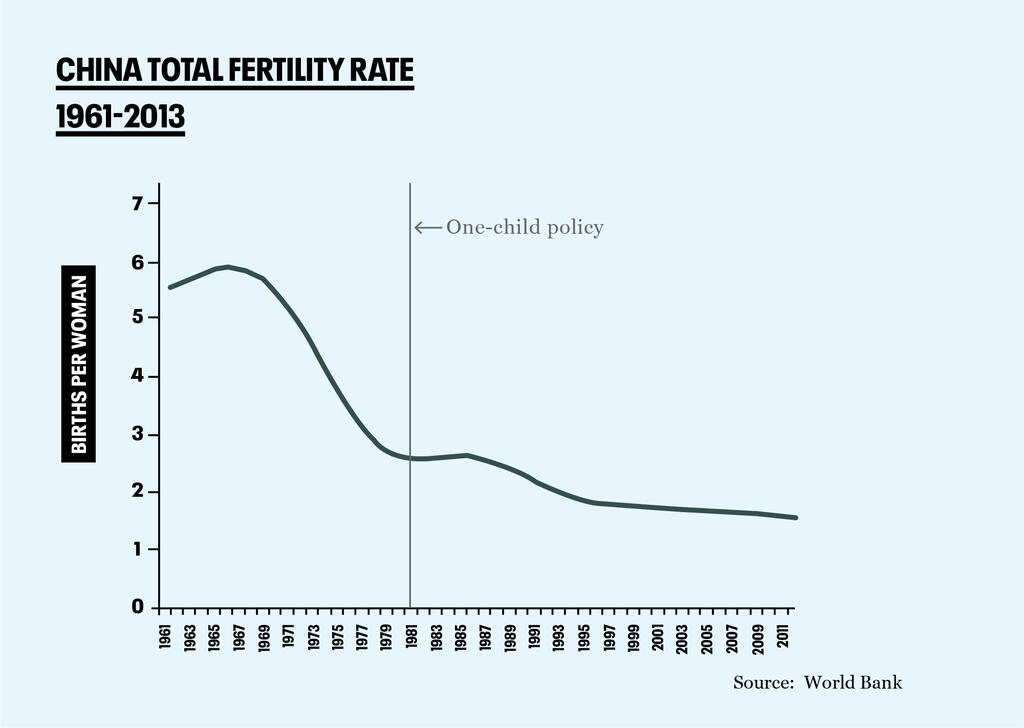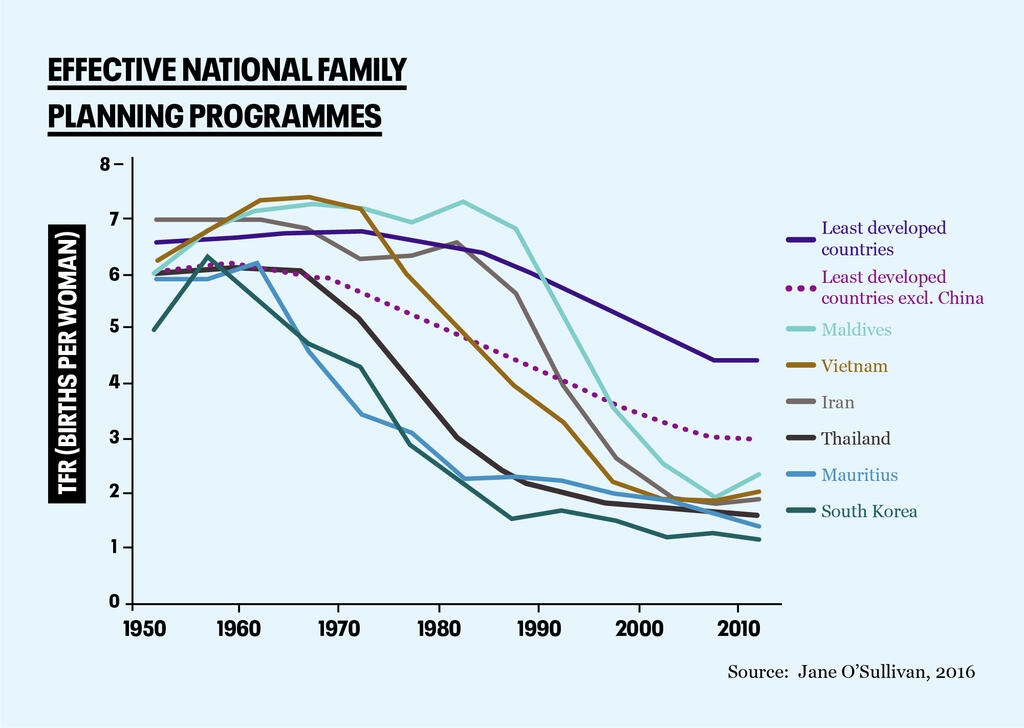
Violated rights: the governments controlling women’s bodies
China and Iran have made the headlines in the last few days for two very contrasting examples of a return to the dark ages of controlling women’s wombs. The right to choose if and when to have children is a fundamental right of every human, yet as with other ongoing human rights violations, the international community is not doing enough to end these atrocities. Population Matters Communications Officer Olivia Nater investigates.

Reproductive coercion, restricting people’s reproductive choices by force, can take many forms, from forced sterilisation to removal of contraception and abortion services.
Eugenics and population control
Excluding people from reproductive freedom based on ethnicity, religion, or other traits is a form of eugenics. Nazi Germany forcibly sterilised up to 450,000 people as part of its eugenicist agenda. In the United States, compulsory sterilisation programmes throughout the 20th century specifically targeted disabled people and women of colour. India’s horrific mass-sterilisation campaign of the 1970s forced millions of men to undergo vasectomy – the move was widely considered to have been motivated by the eugenic intention to reduce the number of poor people. Whilst initially focused on men, the government later turned to tubal ligation and many Indian women continue to be subjected to unsafe ‘sterilisation camps’.
China’s decades-long one-child policy beginning in 1979, was driven by the concern that national population growth was too rapid. As part of the policy, thousands of women who had had their first child were forcibly sterilised, and others who became pregnant a second time were forced to undergo an abortion. As a result of sex selection, abortion and infanticide to ensure male children also occurred on a massive scale.
This violent and oppressive policy, however, was no more successful than population policies in other countries which relied on positive, voluntary measures such as empowering women, providing access to effective modern birth control, and encouraging the choice to have a smaller family.


Fear of an ageing population prompted the Chinese government to replace the one-child policy with a two-child policy in 2016, and more recently it hinted that it might drop all restrictions on the number of children allowed per couple.
Out of the public eye, however, the government continues to violate the rights of Uyghurs, a largely Muslim minority group in Xinjiang province. Recent reports have revealed that Chinese authorities are forcing Uyghur women to be sterilised, have abortions, or get fitted with intrauterine devices, while those who resist are sent to internment camps for “re-education”. Human rights experts have flagged that this meets the international legal criteria for genocide and requires urgent international condemnation.
Forced pregnancy and birth
At the other extreme, Iran has very recently blocked public hospitals and clinics from providing contraception and performing vasectomies in an attempt to boost birth rates. This move was motivated by fear of a slowing economy due to population ageing – a progressive family planning policy in the late 1990s dramatically reduced the average number of children per woman from 7 to less than 2 by 2011. Unfortunately, the return of an authoritarian theocratic government caused major setbacks for women’s rights.
Forcing women to give birth is not restricted to developing countries. The pro-life lobby in the United States, fuelled by the conservative government, is making it increasingly difficult for women to access quality reproductive health care and safe abortion services, both on US soil and abroad through President Trump’s Global Gag Rule.
The nationalist agenda
Typically, populist, nationalist, far-right and fascist governments and political parties have also pursued domestic pro-natalist policies, encouraging or pressuring women to have larger families, in order to boost the “native” population. That tendency continues in the policies and rhetoric of the presidents of Hungary and Tanzania today.
Upholding reproductive rights
Reproductive coercion is also common within intimate relationships around the world. Examples include sabotage of contraception, refusal to use a condom, and forcing women to miscarry.
Achieving gender equality and freedom from oppression are not possible without stamping out all reproductive rights violations, including for nationalistic, economic or racist ends. At Population Matters, we call on world leaders to demonstrate zero tolerance for the abuse of reproductive freedom, and to promote policies and mobilise funding to empower every woman to take charge of her body and choose her family size.

